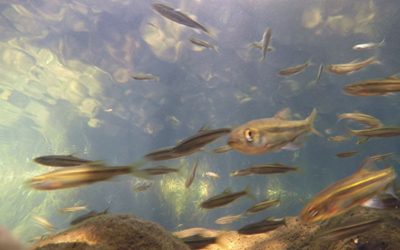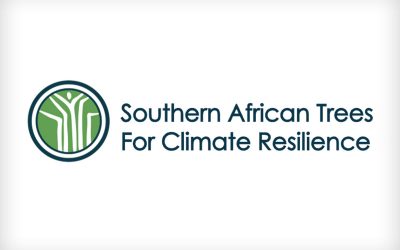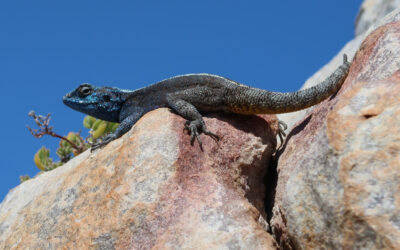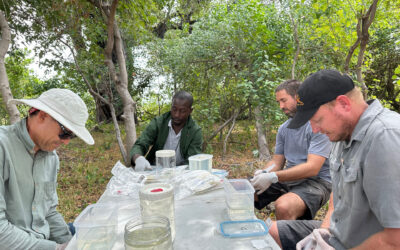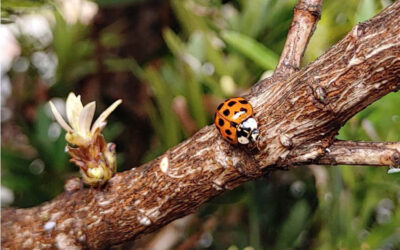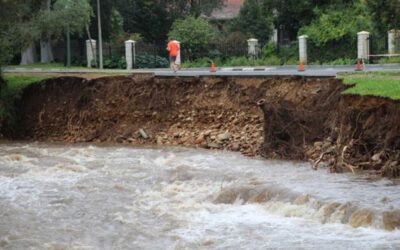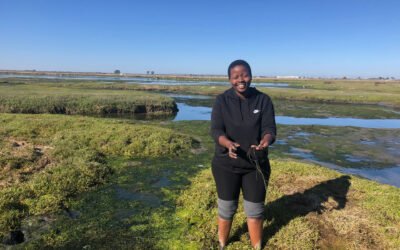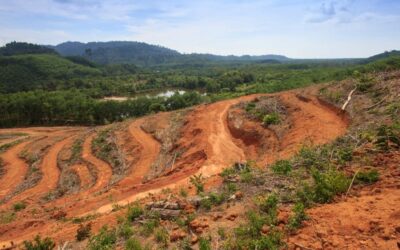The project aims to guide policy and ensure the resilience of our vulnerable rivers, wetlands and waterways through various approaches. Recommendations for freshwater monitoring and implementation of ecosystems-based adaptation interventions and management practises will be developed, drawing from relevant and evidence-based international and local case studies.
Duration: 2024 – 2025
Leader: Dr. Casey Broom
Climate Impacts & Adaptation
Focusing on impacts from local to regional scales, and the appropriate adaptation responses, our work seeks to understand key vulnerabilities in social-ecological systems, and to unlock opportunities to enhance resilience in ways that are aligned with the southern African context.
Currently we have the following projects under this topic:
Southern African Trees for Climate Resilience: Bionformatics approach
This project will develop an extensive floristic and plant database. Species trait data such as climate, geology and soil data will be collated to define Southern African tree species biogeoclimatic niches. This data will be used to promote indigenous tree use to support climate change adaptation and mitigation efforts.
Duration: 2024 -2025
Leader: Prof Guy Midgley, Julia Harper
Nexus: Interplay of global warming and invasives on economy
This project contributes to understanding of the combined risks posed by global warming and invasive species, built from fundamental projections of ecological risks, that will be translated into economic risk scenarios. Through an interdisciplinary collaboration, strategies for nature-based mitigation and adaptation to reduce adverse economic impacts will be identified.
Duration: 2024 – 2025
Leader: Prof. Guy Midgley, Dave Richardson, John Wilson
TPCs Framework
Determining the sensitivity of animals to temperature is essential for predicting species’ vulnerability to climate change. Sources of variation of thermal performance curves (TPCs) can obfuscate estimates of vulnerability. This project examines the implications of this variation across time, among traits and among levels of organization.
Duration: 2024 -2026
Leader: Prof Susana Clusella-Trullas
Mar2Protect-EU Horizons
The project aims to improve groundwater quality and quantity from climate change impacts. It assess the quantification of global change and climate change impacts on groundwater quality and increase aquifer recharge efficiency through Artificial Intelligence techniques.
Duration: 2022 – 2026
Leader: Gideon Wolfaardt, Dr Andrew Watson
eDNA metabarcoding for Biodiversity baseline data
eDNA metabarcoding aids in monitoring marine, freshwater, and terrestrial ecosystems to provide baseline biodiversity data supporting conservation and management decision-making. eDNA sampling to monitor aquatic biodiversity in a changing climate is conducted for fish communities in the Okavango Delta.
Duration: 2017 – 2024
Leader: Prof Sophie von der Heyden
Developmental plasticity of melanisation in insects
This project investigates the relationship between pigmentation, temperature regulation, and immune responses in a model species, the Harlequin lady beetle, with the aim to improve our understanding of how insects adapt to changing temperatures. This research focuses on the potential for developmental plasticity to buffer temperature variation.
Duration: 2023 – 2026
Leader: Prof Susana Clusella-Trullas
CoHYDIM-SA: Developing model operations to reduce flood risk in South Africa
This project aims to develop a coupled hydrological and hydraulic model to assess flood risk for the Eerste River in South Africa and testing of forecasts from the CoHYDIM-SA model. It focuses on flood risk mapping, hydraulic modelling and climate forecasting.
Duration: 2025 – 2027
Leader: Dr. Andrew Watson
Coastal Vegetated Ecosystems
CVEs are important because they provide climate-related benefits, like carbon capture and coastal protection from sea level rise and storm events. A multidisciplinary research project aims to support the restoration, conservation, and management of CVEs and inshore coastal systems.
Duration: 2021 – 2024
Leader: Prof Sophie von der Heyden
The impacts on biodiversity after clearing alien-invaded land to supply industries with biomass
This project assesses the environmental impacts of the clearance of alien invasive species to supply value-added industries such as bioenergy industries with collected biomass. It aims to guide the framing of harmonised policies and investments in the emerging bioeconomy and policies on the management of biomass from alien invasive species.
Duration: 2024 – 2026
Leader: Dr Duduzile Ngwenya

